The engine is a device’s brain and crucial to its reliability and performance. However, natural wear and tear, bad maintenance, and weather may weaken even the strongest engines. In this case, engine overhauling applies. An engine overhaul involves disassembly, inspection, cleaning, repair, and reassembly to restore optimal performance. This complete refurbishment boosts engine performance and lifespan. We look at the advantages of regular overhauling of the engine, key components, practical examples, and maintenance cost implications that prove prioritizing this preventive activity is a must for the longevity of vehicles and equipment.
The benefits of regular engine overhauling
Increased Engine Lifespan
Routine overhauls are especially good since they lengthen the life of an engine. While engines are designed to take a beating, poor handling can lead to mediocre performance and premature failure. A minor overhaul can clean out the dirt, replace worn parts, and rectify the problems before they become major headaches. It might lengthen the life of the engine and get extra miles or hours on the road.
Improved Performance
The efficiency of engines decreases with age. Routine overhauls rejuvenate the engine components that can improve performance. This can include power, throttle response, and smoothness of the engine. An update can be very beneficial to drivers and operators who depend on their performance either for work or enjoyment.
Fuel Efficiency
Optimal engine efficiency uses less gas. To make sure everything fits well, various seals, gaskets, and other components are checked for replacement in an overhaul. With less friction and thermal efficiency, it assists the working of the engine in converting fuel into energy with minimal consumption. This may reduce fuel costs over time, making engine overhauls good for the engine and the wallet.
Reduced Breakdown Risk
Frequent engine overhauls may help identify and fix issues before they become major failures. Checking and repairing the engine’s components reduces the risk of unexpected engine failures. This enhances reliability and safety and reduces the likelihood of costly system failure repairs.
Key Aspects of Engine Overhauling
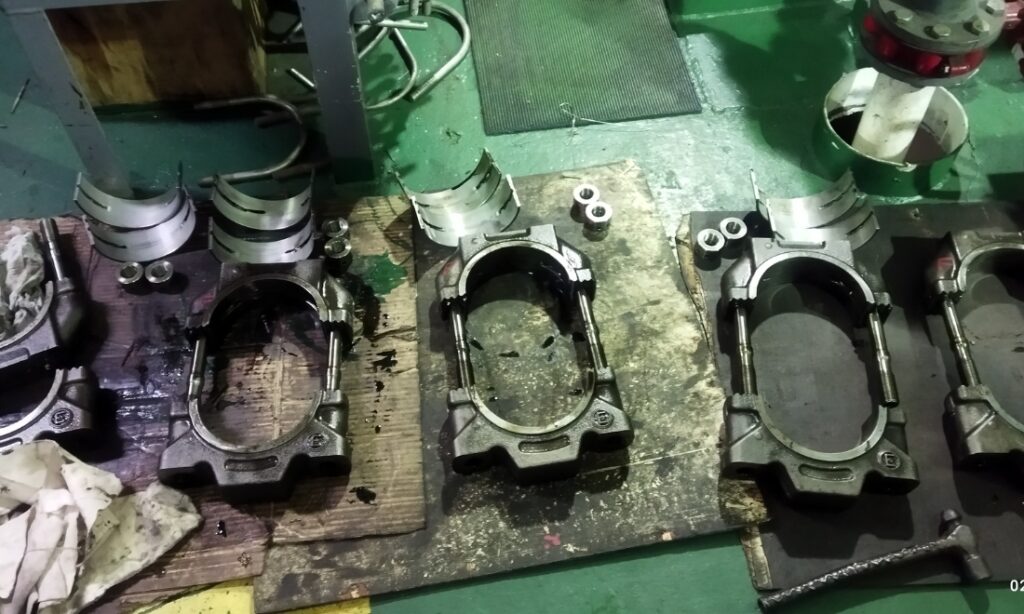
Inspection and Diagnostics
Any renovation of the engine is carried out only after a complete check and diagnosis. Mechanics will check the engine for wear and irregularities. That would require professional equipment to inspect the internal components. Understand the health of the engine—that’s what planning an overhaul requires.
Cleaning and Repair
After checking, the engine is cleaned up very carefully: sludge, carbon deposits, and other pollutants must be removed from surfaces and interiors. Repair of worn or damaged parts is done after cleaning. When putting them in order, each part should be well-checked, right from valves to cylinder walls to piston rings and bearings.
Replacements and Upgrades
After repair and overhaul of engines and replacing irreparably damaged parts, an overhaul considers enhancements. During an overhaul, some owners employ current materials or technology to enhance engine performance. All this lengthens engine life and perhaps improves performance, balancing out upfront maintenance costs.
Case Studies and Real-World Examples
Industrial and marine engines last longer with frequent overhauling, as shown by several case studies.
Marine Engines: Prolonging Operational Life
Probably the most famous case study involves North Sea cargo ships. Because the marine engines were exposed to adverse weather and heavy weights, the shipping company overhauled them extensively. Every 10,000 operating hours, these engines had to be thoroughly inspected, parts replaced, and components recalibrated to original tolerances.
Unscheduled downtime and engine breakdowns within the company became very minimal. These marine engines last 30% longer and save costs. According to the company, the improved fuel efficiency cuts down on operational costs. Regular overhauls are vital in maintaining marine engine longevity and reliability, particularly under severe conditions.
Industrial Engines: Ensuring Continuous Operation
A large industrial manufacturing plant illustrates the benefits of frequent engine maintenance. Many heavy-duty diesel engines drove the plant’s machinery. The engines were first repaired when issues arose, causing costly manufacturing delays and frequent failures.
After consulting an engine maintenance specialist, the plant adopted preventive maintenance, including engine overhauls every 15,000 operating hours. Disassembling engines, cleaning and inspecting internal components, and replacing damaged parts were part of the overhaul.
This proactive effort paid off with a 40% increase in engine lifespan, reducing replacement costs at the plant. Improved engine performance, in turn, enhanced industrial productivity and efficiency.
Diesel Engines
A US logistics company manages a heavy-duty truck fleet. Long-distance and high-mileage trips were common for these vehicles. The engines were diesel. Initial maintenance was reactive, repairing engine issues as they occurred.
As maintenance costs and breakdowns increased, the company instituted a preventive maintenance program that called for an engine overhaul at 250,000 miles. In this major operation, the engines were taken apart and all critical components cleaned; pistons, rings, and bearings that showed wear were replaced.
This finally paid off big by switching to preventative maintenance. Each diesel engine lasted 100,000 miles longer and had 60% fewer unscheduled breakdowns. The overhauls also increased fuel efficiency by 10% and lowered gasoline costs. This shows how frequent overhauls may enhance diesel engine reliability and performance in high-demand applications.
A farm was experiencing repeated diesel engine failures during planting and harvesting seasons. Since implementing scheduled maintenance, the farm has been overhauling its engines every 1,500 hours.
The impact of regular engine overhauling on maintenance costs
Cost Comparison
Though seemingly expensive, an engine overhaul is far cheaper than a catastrophic engine failure. More frequent overhauls may save on expensive engine replacements. Overhauling of Diesel Engine saves money since reactive repairs cost more than preventative maintenance.
Long-Term Savings
Routine overhauls save money in the long run. A company or individual can recover their investment through reduced fuel consumption and fewer repairs. The need for a frequent overhaul program is warranted because case studies have shown that proactive maintenance reduces overall operating costs.
How to Schedule and Prepare for an Engine Overhaul
When to Overhaul
The engine’s age, performance, and specific application determine whether it needs an overhaul. Given the vehicle’s mileage or working hours, most technicians recommend an overhaul with regular performance reviews. Early signs of inefficiency, unusual noises, or exhaust smoke need a diagnostic check and overhaul.
Preparation Steps
Engine overhauls involve a lot of preparations. The owner should assess the performance, history, and maintenance expenditures of the engine. Overhaul results depend on competence; hence, owners must make an appropriate choice of repair shop or specialist.
Choosing the Right Service Provider
Expertise and Experience
Engine overhauling requires a reliable source. Find engine overhauling companies or technicians. Their knowledge will ensure proper completion, eliminating reassembly risks and improving long-term results.
Reputation and Reviews
In the digital era, customer reviews may reveal a service provider’s reliability and quality. Filter out the ones with rave reviews from similar consumers.
MPA Power Project
All the stakeholders in the MPA Power Project witnessed the reduction of operational expenditures and improvements in engine performances, all because of frequent overhauls carried out by competent professionals. Extensive study and techniques model engine maintenance efficiency.
Conclusion
In summary, proactive reworking of the engine enhances life, performance, fuel economy, and risk of failures. A thorough inspection, cleaning, repair, and replacement can only revive an engine and make it better than before. Long-term financial gains from lower maintenance costs do reinforce the efficiency of the practice. Selection of the best diesel engine overhaul service provider coupled with a regular maintenance program may assure owners of both cars and equipment about longer-running engines. A lifecycle strategy for your engine would tend to favor regular overhauls.




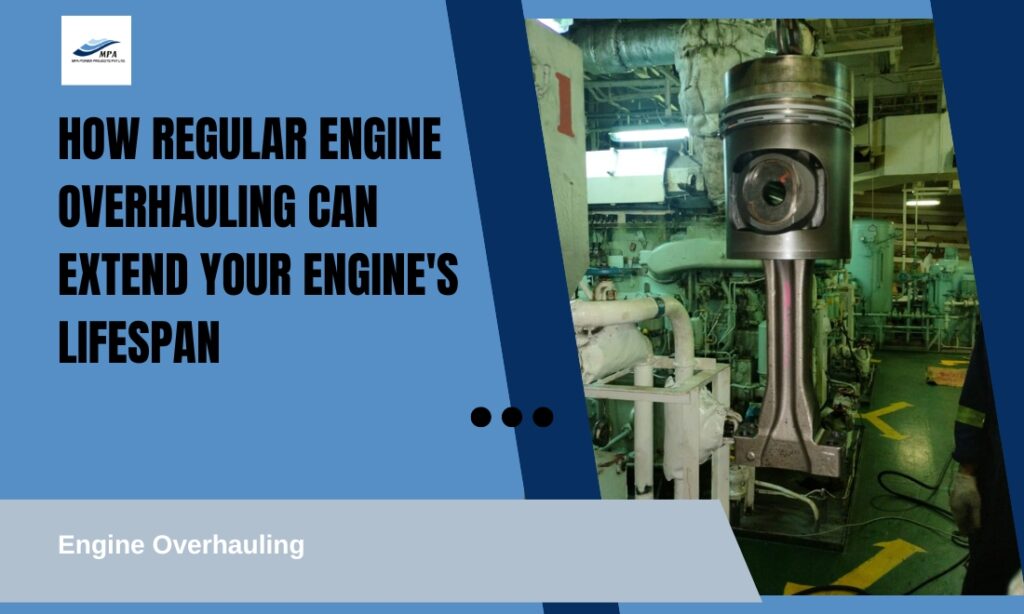

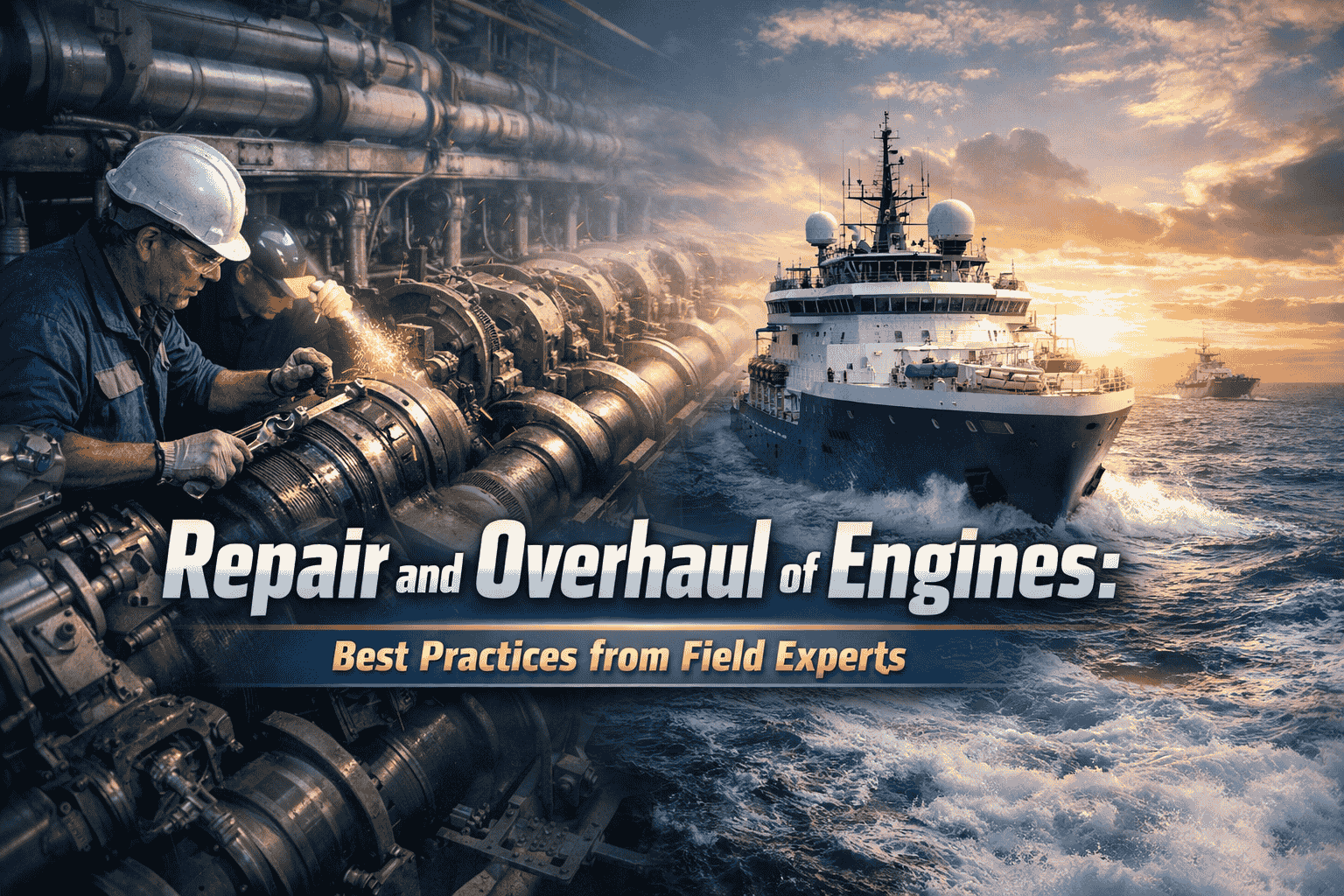
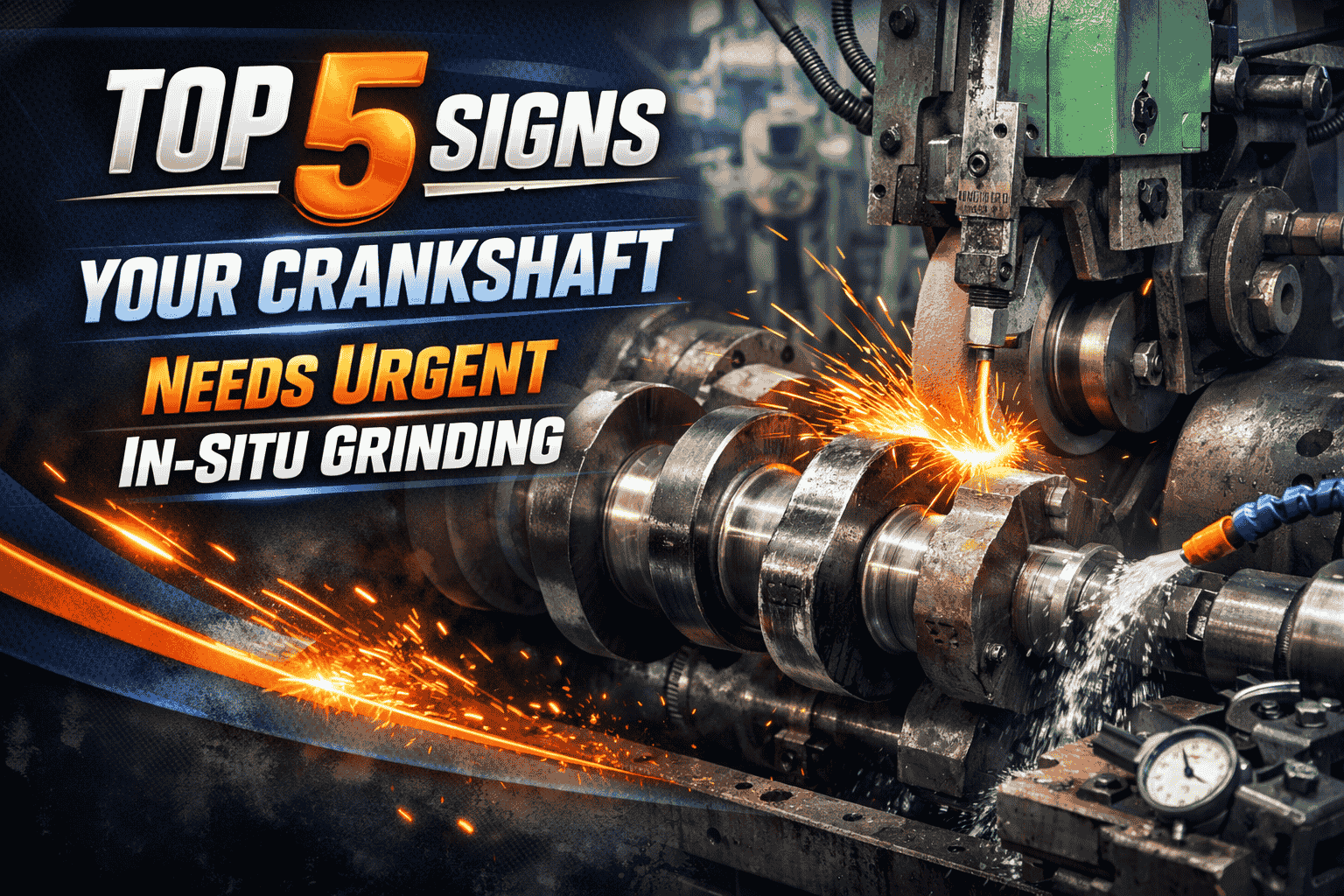
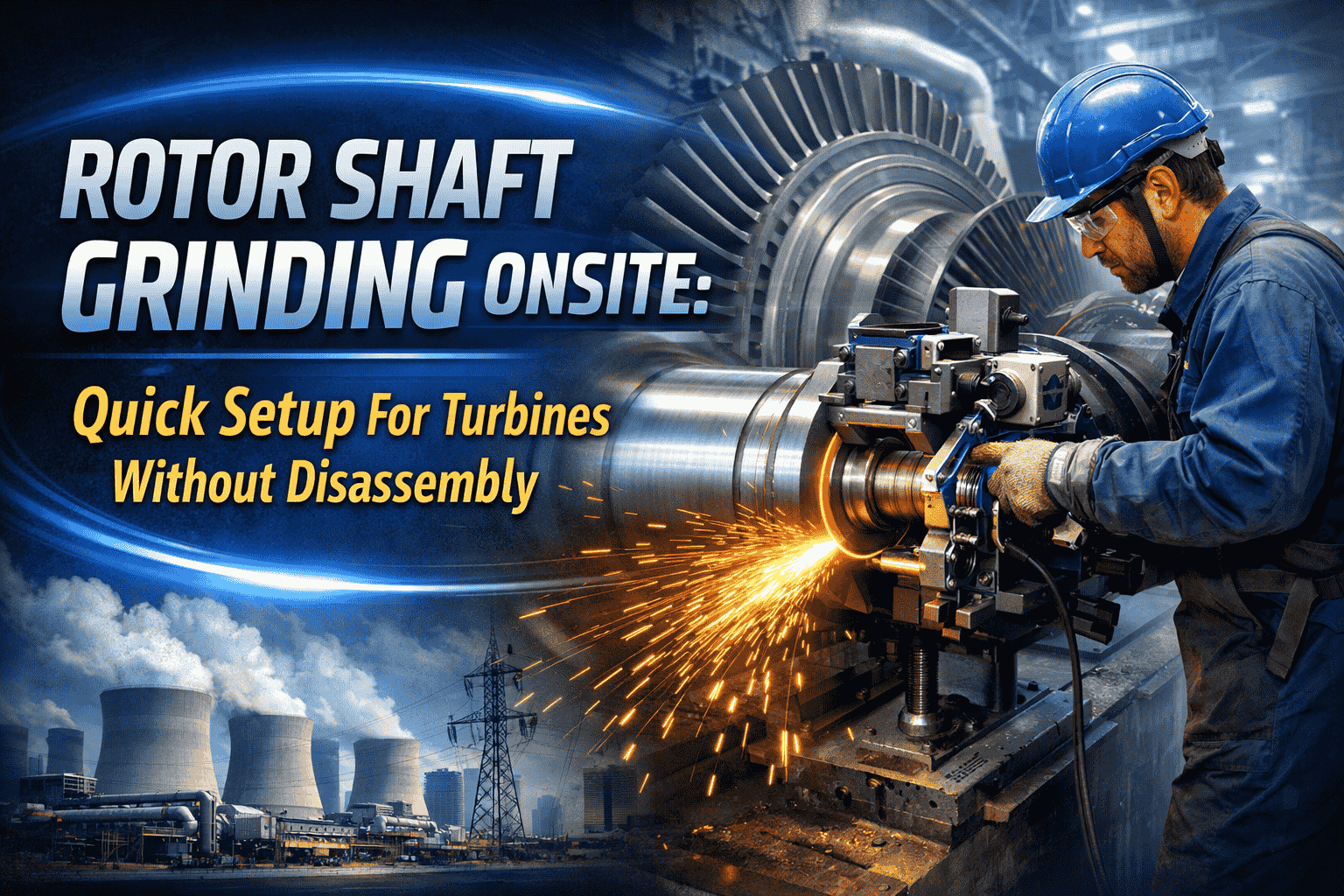
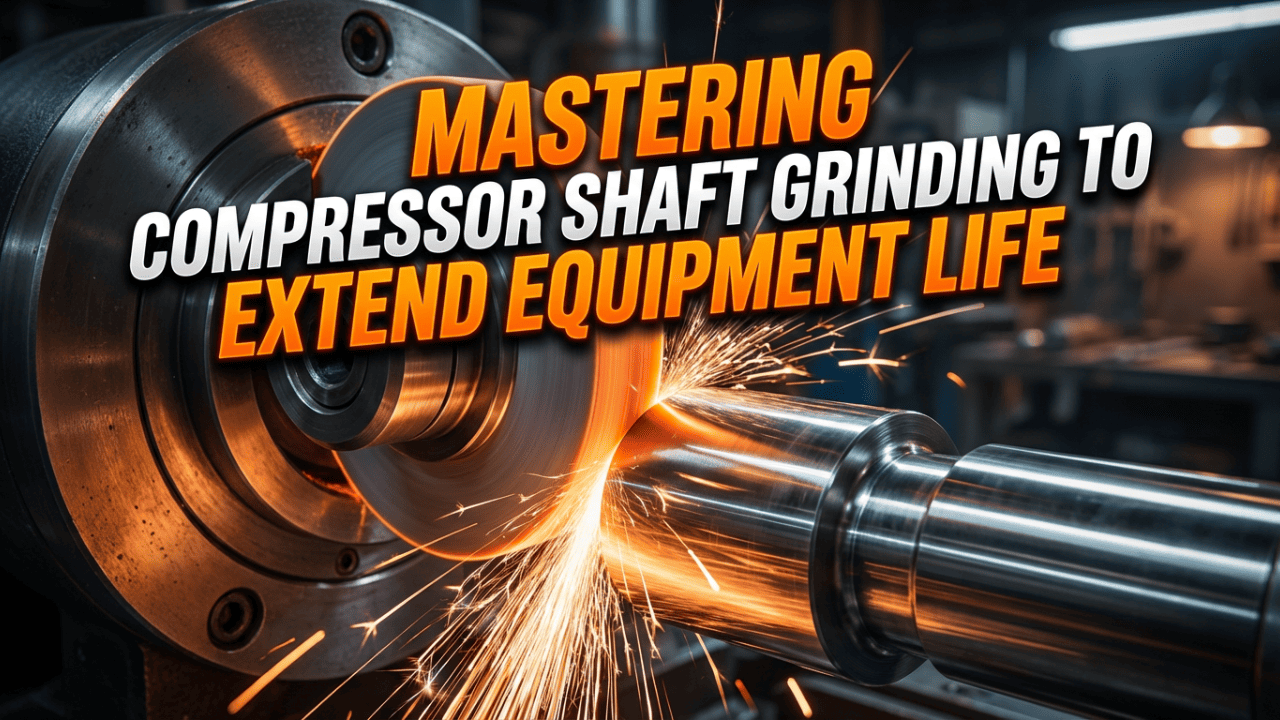
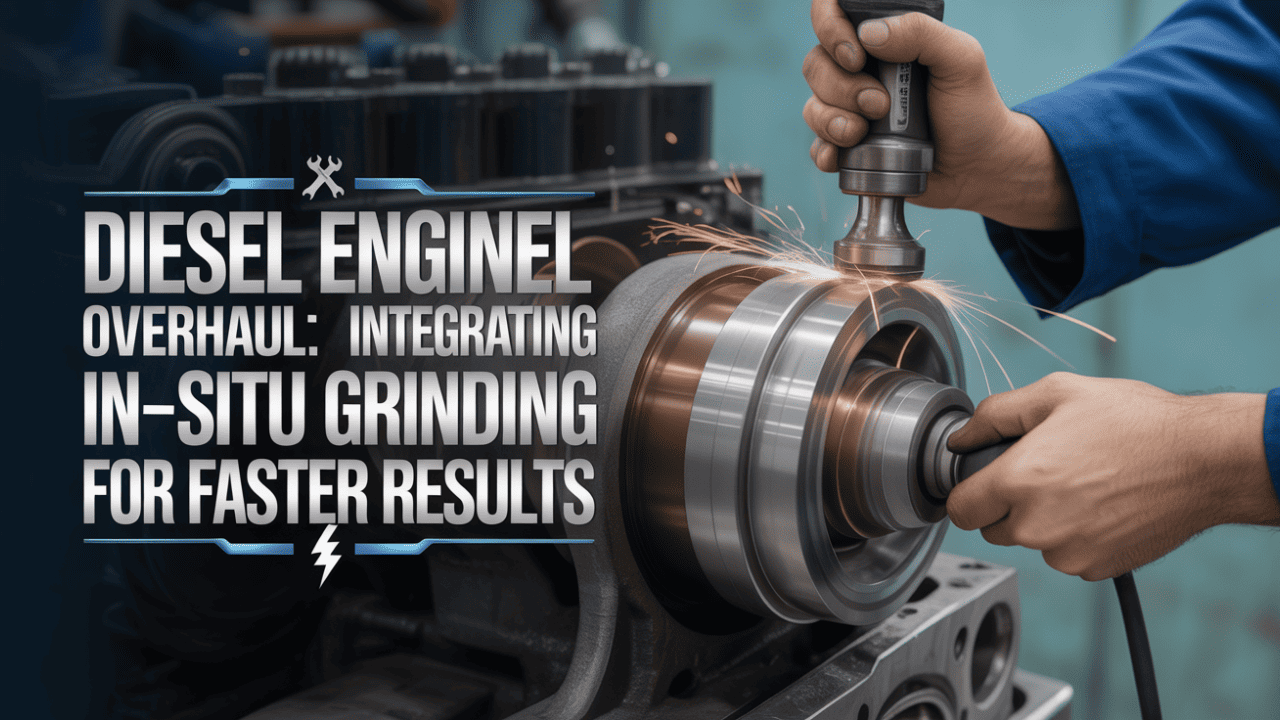
No Comments